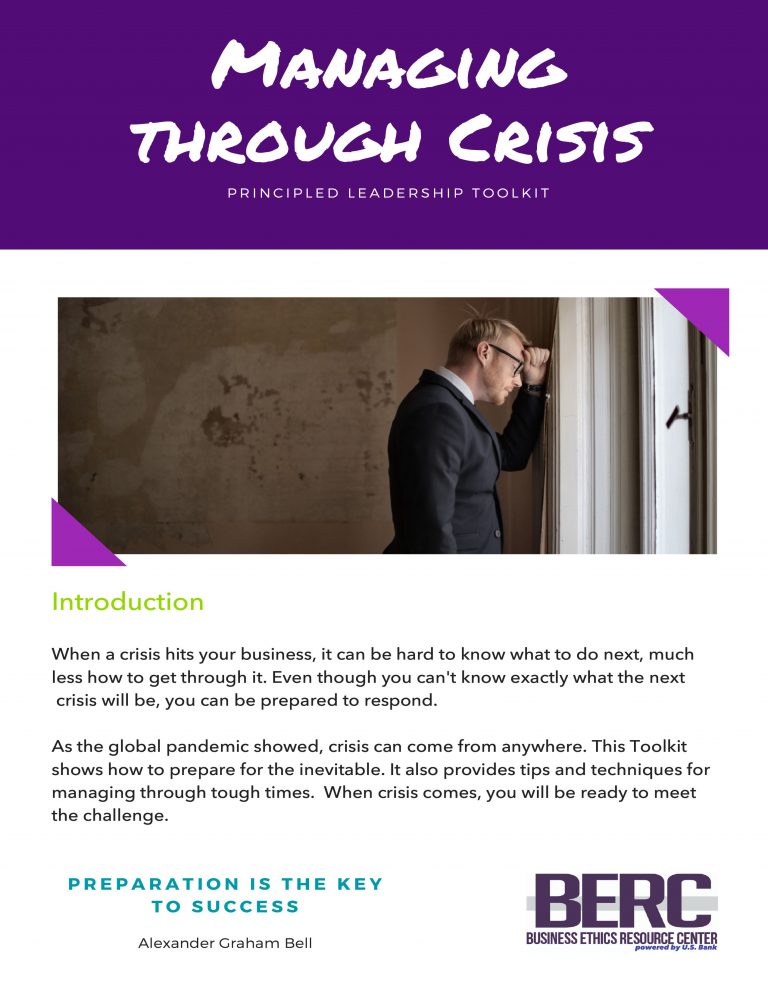First, create an environment that is a psychologically safe space because establishing an atmosphere of trust is crucial.
By Jill Hauwiller Special to the Star Tribune OCTOBER 11, 2020 — 2:21PM
Q: How can I facilitate better brainstorming from my team?
A: The first step in facilitating a fruitful brainstorming session is to create an environment that is a psychologically safe space for the entire team. Nothing else matters if an atmosphere of trust hasn’t been established. All ideas need to be welcome and an expectation set that everyone will be allowed and encouraged to speak their mind and be creative without fear of punishment or judgment. Once a safe and trusting environment is established, there are three key tips to ensuring a great outcome.
First, separate the brainstorming and decisionmaking processes. Brainstorming time is about quantity, not quality. It is a time to gather as many ideas as possible without assigning any value to those ideas. Creativity is king here and out-of-the-box thinking is the name of the game. There needs to be a firm boundary of safety around this time and all perception of value or discussion about feasibility should be purposefully set aside for a separate discussion.
Second, start small and build. A useful technique here is to invite members of the team to collect their individual ideas up front. It’s a great idea to jot ideas on Post-it notes at the outset of brainstorming time. In this way, even the more introverted members of the team can freely share their ideas in a way that feels more anonymous. Post-it note ideas can later be grouped into clusters of like-minded thoughts. The team will be inspired to grow ideas from there.
Finally, go last. I ask many leaders that I coach to consider holding their ideas close to the vest, keeping them quiet until everyone else on the team has voiced their thoughts and ideas. Managers are often unaware of the power their position holds, even in the most casual and flat organizations. By letting everyone else contribute first, the team will not be influenced by the leader’s ideas or try to push things in a particular direction to seem aligned with the boss. To fully solicit their creative ideas, it’s best to let them run with it and add your own ideas at the end.
Brainstorming in itself isn’t hard. In order to solicit the best ideas from your team, consider the tips shared here to spark some creativity into your process. Your solutions and innovations will be better for it.
Jill Hauwiller is on faculty at the University of St. Thomas Opus College of Business.
This article originally appeared in the Star Tribune. Used by kind permission of the Star Tribune.


